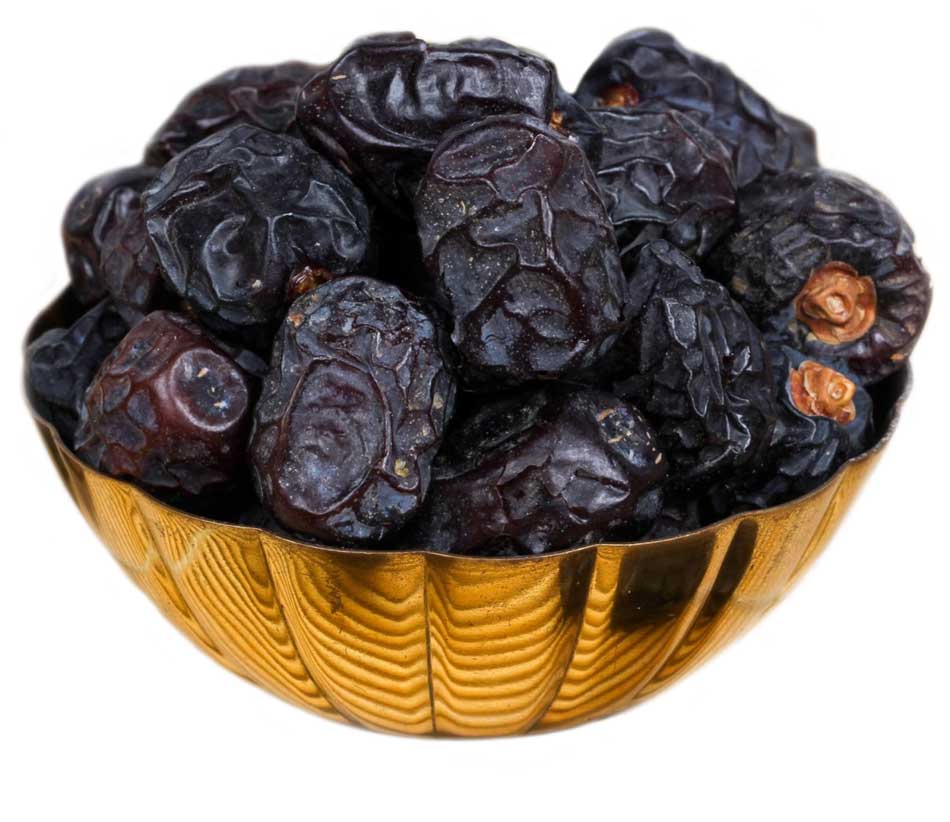A Look at Pemborong Kurma and the Environment

Introduction:
Malaysia, a Southeast Asian nation known for its vibrant culture and stunning landscapes, has also become a major player in the global date trade. But amidst the popularity of these sweet treats, often referred to as “Pemborong Kurma” in Malay, there are emerging concerns about the environmental impact of this growing industry.
What are Pemborong Kurma (Malaysian Dates)?
Dates, the fruit of the date palm tree (Phoenix dactylifera), have been a staple food in the Middle East and North Africa for centuries. They are a rich source of nutrients, including fiber, vitamins, and minerals. In recent years, dates have gained popularity worldwide, and Malaysia has become a key importer and distributor of these fruits.
Pemborong Kurma refers specifically to dates sold in Malaysia, often around Ramadan and other religious festivals. These dates come from various countries, with Egypt, Saudi Arabia, and Iran being some of the major exporters. The Malaysian date market is vast and diverse, offering a wide range of date varieties, from the popular Medjool dates to the smaller Deglet Noor variety.
The Rise of the Malaysian Date Trade
The Malaysian date trade has witnessed significant growth in recent years. This can be attributed to several factors, including:
- Increasing demand: Dates are becoming increasingly popular in Malaysia due to their health benefits and association with religious celebrations.
- Growing disposable income: As the Malaysian economy continues to grow, consumers have more disposable income to spend on imported goods like dates.
- Improved logistics: Advancements in transportation and logistics have made it easier and more cost-effective to import dates from around the world.
This growth in the date trade has brought economic benefits to Malaysia, creating jobs and boosting the import sector. However, alongside these benefits, there are also potential environmental concerns that need to be addressed.
Environmental Issues Associated with the Date Trade
The cultivation and trade of dates can have a significant impact on the environment. Here are some of the key concerns:
- Water scarcity: Date palms require a large amount of water to grow, particularly in arid regions where they are traditionally cultivated. This can put a strain on already limited water resources.
- Land degradation: The intensive cultivation of date palms can lead to soil erosion and desertification, especially if proper land management practices are not followed.
- Deforestation: To make way for date palm plantations, there have been instances of deforestation in some regions. This loss of vegetation can have a detrimental impact on biodiversity and ecosystem health.
- Carbon footprint: The transportation of dates over long distances contributes to greenhouse gas emissions, impacting climate change.
It’s important to note that the environmental impact of the date trade varies depending on factors like farming practices, water management strategies, and transportation methods. However, it’s crucial to be aware of these potential issues and strive for sustainable solutions.
Moving Towards a Sustainable Date Trade
There are steps that can be taken to ensure a more sustainable date trade in Malaysia and around the world. Here are some potential solutions:
- Supporting sustainable farming practices: Encouraging date growers to adopt water-saving irrigation techniques, use renewable energy sources, and promote soil conservation can significantly reduce the environmental impact.
- Investing in renewable energy: Shifting towards renewable energy sources like solar power for date farms can help lessen dependence on fossil fuels and reduce carbon emissions.
- Promoting local date production: While Malaysia relies heavily on imports, exploring possibilities for local date palm cultivation using appropriate water management techniques could contribute to a more sustainable date industry.
- Encouraging responsible consumption: Consumers can play a role by being mindful of the origin of their dates and choosing products from sustainable sources.
By implementing these solutions and fostering collaboration between date producers, consumers, and policymakers, we can create a date trade that is not only economically beneficial but also environmentally responsible.
Conclusion
Pemborong Kurma, or Malaysian dates, offer a delicious and nutritious treat. However, it’s important to be aware of the potential environmental impact associated with the date trade. By promoting sustainable farming practices, investing in renewable energy, and encouraging responsible consumption, we can ensure that our enjoyment of dates comes alongside a commitment to environmental well-being.
Key Highlights:
- Malaysia has become a major player in the global date trade.
- The date trade can have a significant environmental impact, including water scarcity, land degradation, and deforestation.
- There are steps that can be taken to promote a more sustainable date trade, such as supporting sustainable farming practices.